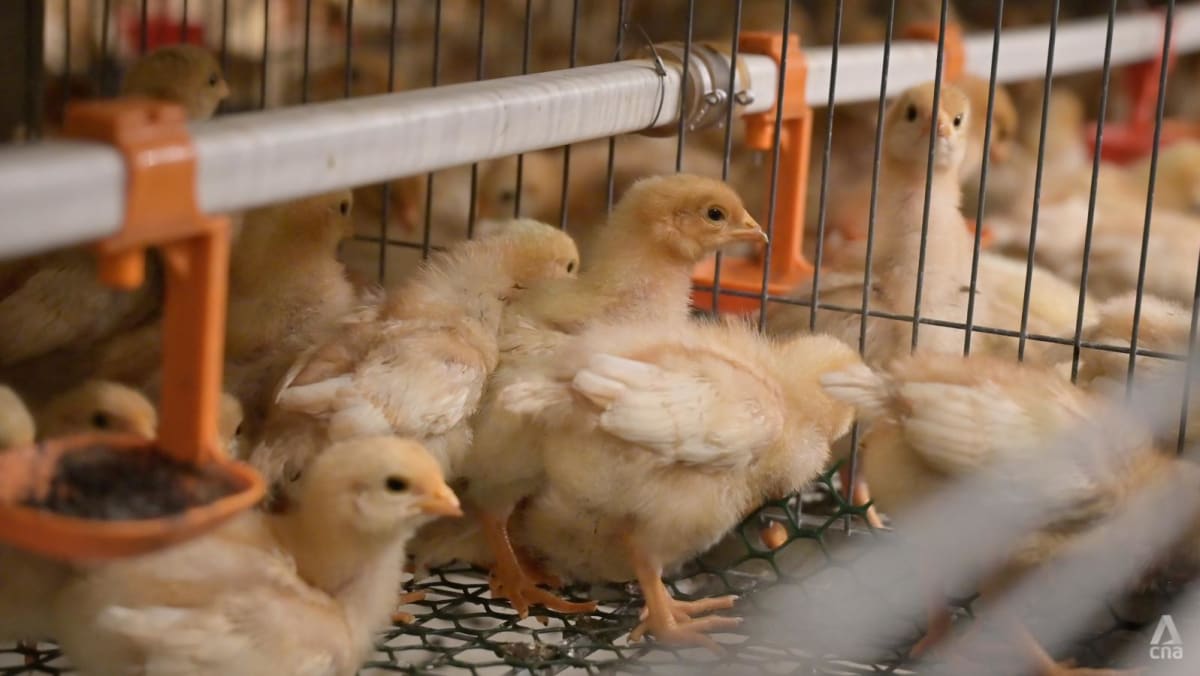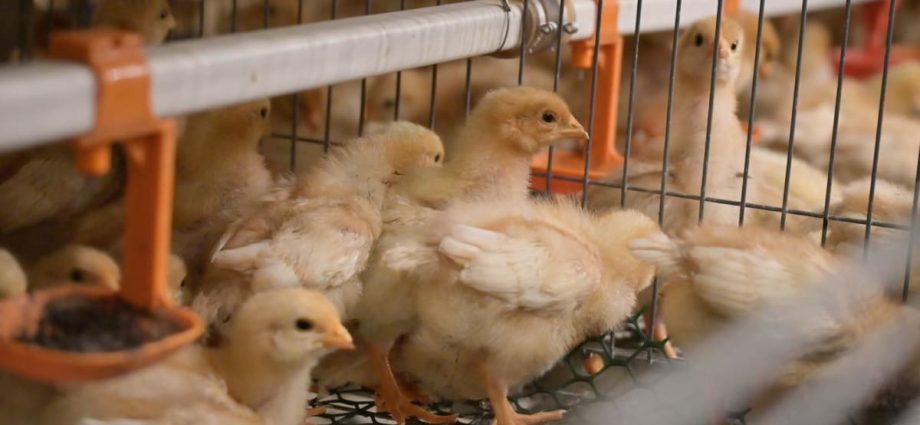
SINGAPORE: In the far north-west, Singapore’s only three egg farms sit within a 4km distance of one another, in surroundings largely untouched by the rapid urbanisation seen elsewhere in the country.
This Lim Chu Kang area has been earmarked by authorities for development into a high-tech agri-food zone, to raise production and strengthen Singapore’s food security.
But an evolving development around the world threatens to upend those plans – by threatening the existence of the egg farms.
The spread of avian influenza, or bird flu, has killed or led to the culling of hundreds of millions of poultry globally in recent years.
Over a century old and carried mainly by migratory water birds, the disease has also increasingly been infecting mammals not previously thought susceptible, like alpacas, house cats, and cows.
Human cases are rare, but have been reported in nearby countries. Singapore, however, is currently free from bird flu.
And its egg farms have stringent measures as a first line of defence, to prevent the spread of infectious diseases that could compromise the health of its fowl.
These safeguards are the “most important” strategy preventing the entry of highly pathogenic avian influenza (HPAI), said Dr Michael Banawa, head of poultry business for ASEAN, South Korea, Australia and New Zealand at pharmaceutical company Boehringer Ingelheim.
“Humans can act as mechanical vectors, meaning they can carry the virus on their skin, clothing or equipment … This can potentially lead to the spread of the virus to other birds,” he added.
Donning a hair net, rubber boots, latex gloves and a mask, this CNA reporter got a rare look at how one of Singapore’s few egg farms stops any such transmission from happening.

